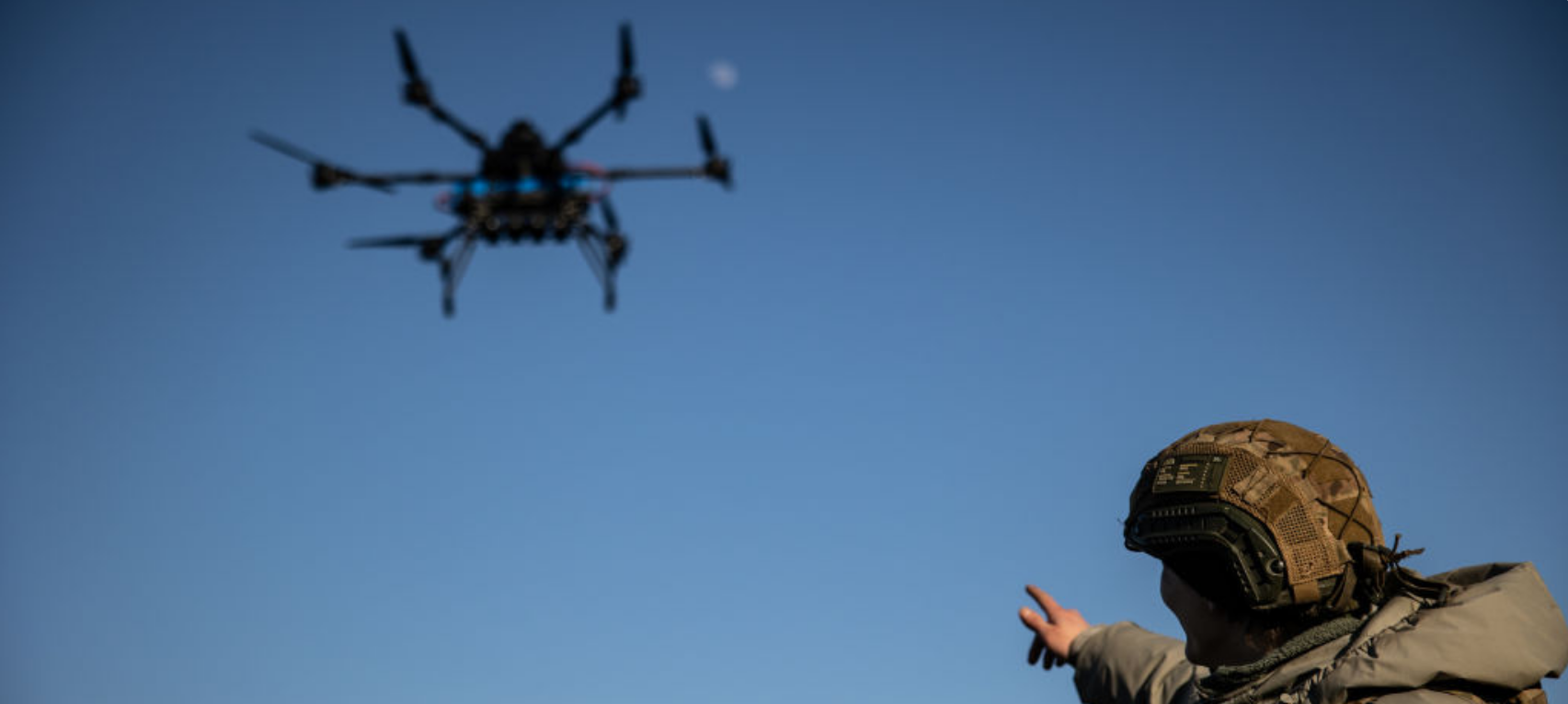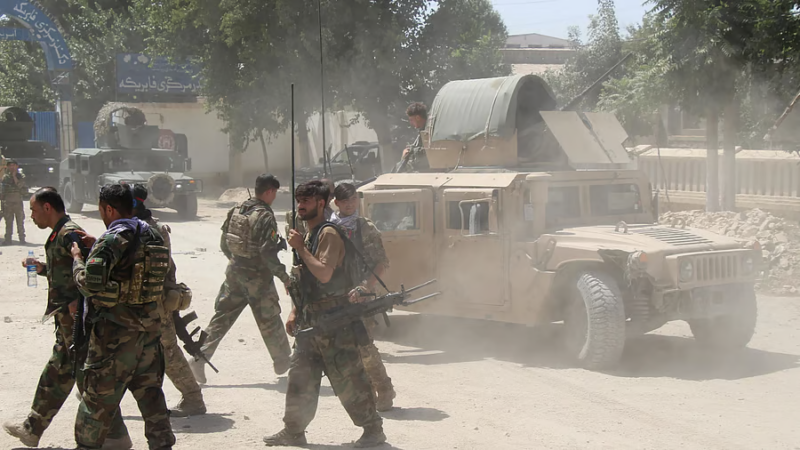An espionage and terror investigation is triggered by a suspected Russian drone over an EU hub in Italy.

The Milan Prosecutor’s Office has launched an investigation into suspected political or military espionage, with possible links to terrorism, following repeated drone incursions over the European Commission’s Joint Research Centre (JRC) in Ispra, northern Italy.
According to investigators, a drone believed to be of Russian origin flew over the JRC facility – one of the EU’s largest research centers after Brussels and Luxembourg – five times over a period of six days last month. The facility first raised the alarm on Friday, prompting heightened scrutiny from Italian authorities.
Sources close to the investigation revealed that radio frequencies detected by JRC monitoring systems were “traceable to a Russian source.”
The drone was identified using radiofrequency detection technology, and investigators confirmed that the signals matched those associated with Russian-made devices. However, key details remain unclear: the drone’s design suggests it was not built for long-distance travel, indicating it was likely operated from a nearby location.
The JRC’s strategic location makes the incident particularly sensitive. Nearby industrial facilities include sites belonging to Leonardo, Italy’s leading defense contractor, while the headquarters of a NATO operational command is located in Solbiate Olona, a short distance away.
The case has sparked concern among European policymakers. Salvatore De Meo, MEP (Forza Italia – EPP), a member of the European Parliament’s Security and Defense Committee and President of the EU Delegation for Relations with NATO, told Euractiv that the incident is “highly concerning.”
“At present, the only confirmed detail is the drone’s origin,” De Meo stated. “But if espionage is confirmed, this would represent a serious security threat with implications for technology, science, and national defense – especially given today’s geopolitical climate, which demands maximum vigilance.”
Beyond the immediate investigation, he called for a broader European response, emphasizing that the security of EU research centers cannot be taken for granted. “This is not just an issue for Italy; it concerns the entire European Union. Our strategic research facilities must be adequately protected against foreign interference,” he stated.
Forza Italia has already taken steps to push for action at the EU level, submitting a formal inquiry on Monday morning to the European Commission to clarify whether it was aware of the incident and what measures it plans to implement to prevent similar breaches in the future.
“We need reassurances that this will not happen again,” De Meo insisted. “No alarmism, but we have a duty to remain vigilant when it comes to sensitive infrastructure and high-tech research.”






